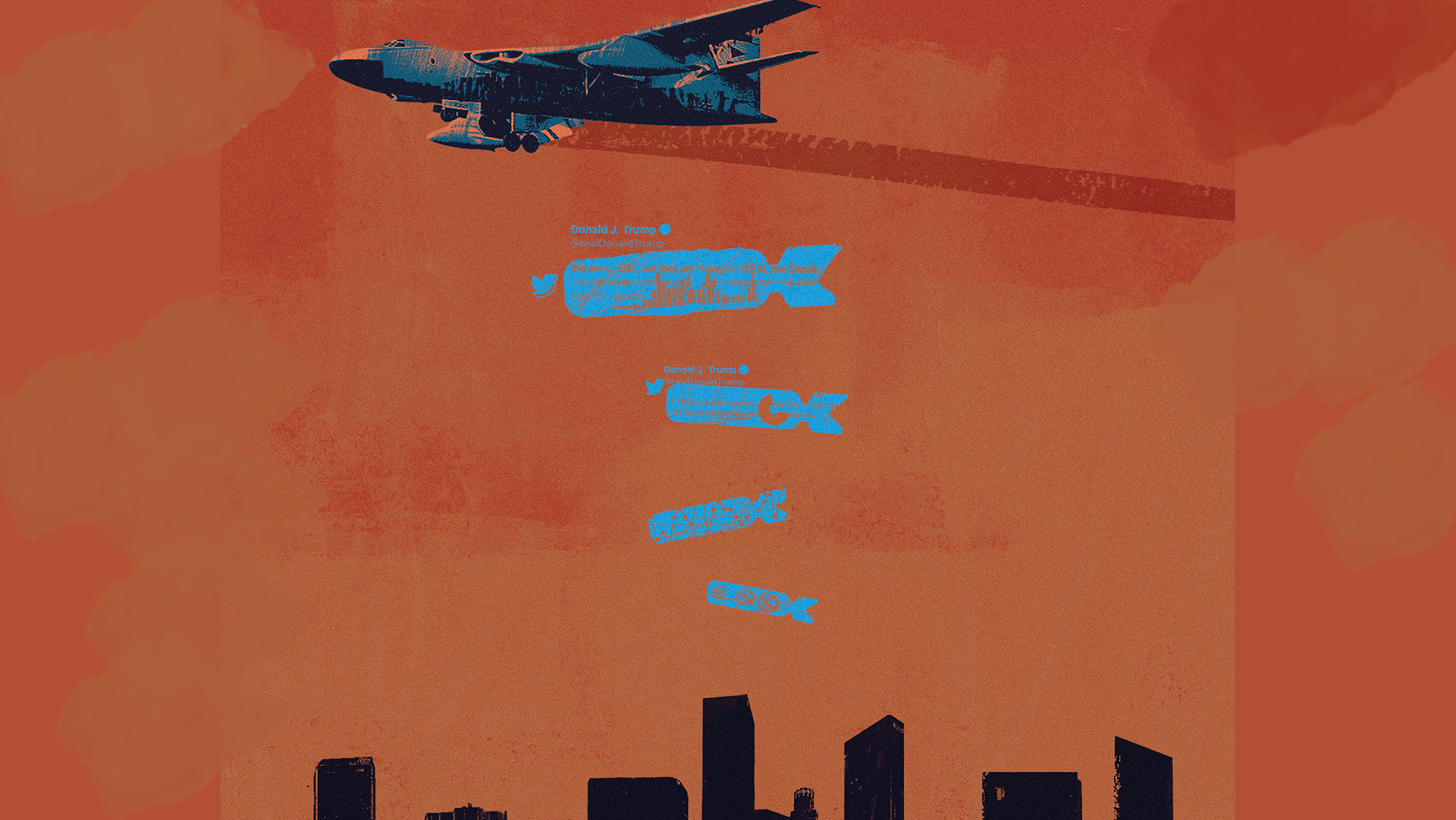The coronavirus crisis has become a crucible for rulers around the world to forge new tales of life and death.
Governments of all kinds are shaping favourable narratives out of the pandemic, even as they grapple with the consequences of it. In China, a Covid-19 story that began with the persecution of doctors who identified the new disease has morphed into an official chronicle of exemplary crisis management. In Britain, an administration criticised over high death rates now proclaims its successful vaccine rollout as a route to redemption.
The health emergency’s extremes have illuminated and accelerated a global phenomenon I recount in The Fabulists. The title refers to the myth-makers who now head many countries as dictators, democrats or a hybrid of the two. The questionable information they spread and the misleading policy solutions they tout have become their own pandemic. These leaders can be as deadly to their own citizens as any pathogen, particularly when people’s fears and need for reassurance leave them susceptible to demagoguery.
The coronavirus scourge has also hammered home another crucial lesson suggested by The Fabulists. In an age of health, environmental and economic crises, we cannot afford rulers who lie openly to us or suppress inconvenient problems. Nor should we bear those who divert us from important truths with the seemingly lesser vices of reckless optimism, jokes and pleasing turns of phrase.
The struggle over the rise of fabulism is alive and still to be resolved almost everywhere
The book joins the dots of deception in four regions of the world. From Saudi Arabia to the Philippines, I write about some of the brave people who have paid with their liberty and even their lives for challenging official misinformation. I also look closer to home at the decay in the democratic sphere in continental Europe and the UK, in an electronic age that seems increasingly to do more to confuse than to enlighten.
The tendency of leaders to mislead is hardly a new phenomenon. The sins of the past, for example in the promotion of the Iraq war, have stoked the fabulism of the present. The contemporary culture of public falsehood has been further intensified by a growing sense in electoral politics that untruths can be shrugged off, errors left uncorrected and shamelessness brandished as a weapon. A common thread among autocratic fabulists and their elected cousins is impunity: rarely are they held responsible for their actions.






